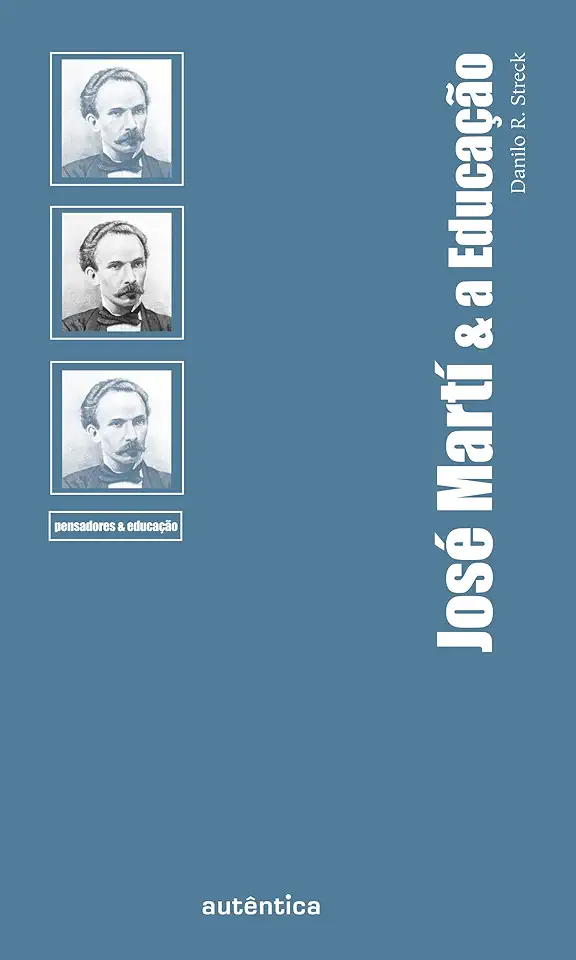
José Martí and Education - Danilo R. Streck
José Martí and Education: A Vision for the Future
José Martí was a Cuban poet, essayist, and revolutionary who is considered one of the most important figures in Latin American history. His work has had a profound impact on education in the region, and his ideas continue to inspire educators and policymakers today.
In this book, Danilo R. Streck explores Martí's educational thought and its relevance to contemporary education. Streck argues that Martí's vision of education is based on the principles of freedom, democracy, and social justice. He shows how Martí's ideas can be used to create more equitable and democratic schools that prepare students for the challenges of the 21st century.
Martí's Educational Philosophy
Martí believed that education was essential for the development of a free and democratic society. He argued that education should be accessible to all, regardless of race, class, or gender. He also believed that education should be relevant to the needs of the community and that it should help students develop their critical thinking skills.
Martí's educational philosophy is based on the following principles:
- Education is a right, not a privilege. Martí believed that everyone has the right to a quality education, regardless of their background or circumstances. He argued that education is essential for personal development and for the progress of society as a whole.
- Education should be free and accessible to all. Martí believed that education should be free and accessible to all, regardless of their ability to pay. He argued that education is a public good that benefits everyone in society.
- Education should be relevant to the needs of the community. Martí believed that education should be relevant to the needs of the community and that it should help students develop the skills they need to succeed in life. He argued that education should be practical and that it should prepare students for the challenges of the real world.
- Education should help students develop their critical thinking skills. Martí believed that education should help students develop their critical thinking skills and that they should be able to think for themselves. He argued that education should not be about rote memorization, but rather about helping students to understand the world around them and to make informed decisions.
Martí's Influence on Education in Latin America
Martí's educational thought has had a profound impact on education in Latin America. His ideas have been incorporated into the educational policies of many countries in the region, and his work continues to inspire educators and policymakers today.
Martí's influence on education in Latin America can be seen in the following ways:
- The expansion of access to education. Martí's belief that education is a right for all has led to the expansion of access to education in Latin America. In the past few decades, the number of students enrolled in primary and secondary school has increased dramatically, and the number of students attending university has also increased significantly.
- The improvement of the quality of education. Martí's belief that education should be relevant to the needs of the community and that it should help students develop their critical thinking skills has led to improvements in the quality of education in Latin America. Schools are now more focused on teaching students the skills they need to succeed in life, and they are also more likely to encourage students to think for themselves.
- The promotion of social justice. Martí's belief that education is essential for social justice has led to the promotion of social justice in Latin America. Education has been used as a tool to combat poverty, inequality, and discrimination. Schools are now more likely to welcome students from all backgrounds, and they are also more likely to provide students with the support they need to succeed.
Martí's Legacy
José Martí was a visionary educator who had a profound impact on education in Latin America. His ideas continue to inspire educators and policymakers today, and his work will continue to shape the future of education in the region for many years to come.
If you are interested in learning more about José Martí and his educational thought, I highly recommend reading this book. It is a well-written and informative book that provides a comprehensive overview of Martí's educational philosophy and its relevance to contemporary education.